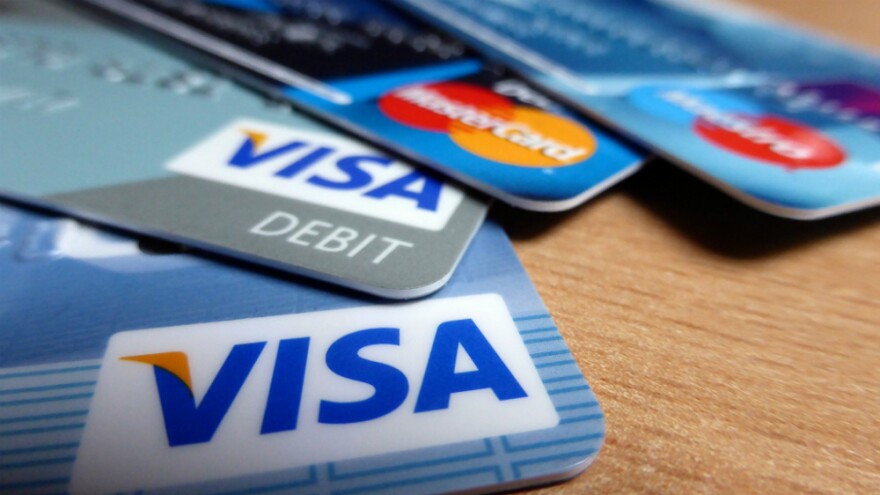Andrew writes, "It seems like every week there's another scary news story about a big bank or a major company getting hacked. Is there any way to safely shop online, or should I just stay off the internet altogether?"
You're right, Andrew, there have been a few pretty severe hacks of some large corporations recently. Unfortunately, we probably haven't seen the last of them. But here's the thing: staying off the internet probably won't help you at all.
Most of the businesses that have been hacked lately were retail stores, and the people affected were those who had shopped in the stores' brick and mortar locations, not online. Hackers found their way into the companies' servers, and were able to skim credit card numbers as they were scanned into the database.
Banks similarly store your information in databases that are connected to the internet. While they take security precautions, those are defenses are sometimes compromised by hacking groups that have become more organized and sophisticated. You see, Andrew, you don't even have to be online for businesses or banks to store your information online.
All of this can understandably seem pretty scary. Luckily there are systems in place to protect you if your information is stolen. The Federal Deposit Insurance Corporation, or FDIC, says that customers can only be held responsible for a maximum of $50 for a fraudulent transaction, provided they report it to their bank or credit card company quickly. In fact, most credit card companies will rarely hold someone responsible for any fraudulent charge on their card, as long as they report those charges in a timely manner.
The trick is to keep an eye on your bank account and credit card statements. Be on the lookout for transactions you don't remember making. Remember, the sooner your report a fraudulent transaction, the more likely you are to get all of your money back.
It really is okay to shop online, just as long as you use some common sense. For example, only give your credit card information to reputable online retailers, and make sure you use good, unique passwords. Like we've said before, long passwords of 15 characters or more are best. You should also avoid using easily guessable names or words for passwords. Have different passwords for different websites, especially the important ones, like your bank, your favorite online store and your primary email account. We also recommend using a password manager like LastPass or DashLane.
Stay safe, and happy shopping!
Photo Credit: "Credit Cards" by Sean MacEntee is used under CC BY 2.0.







